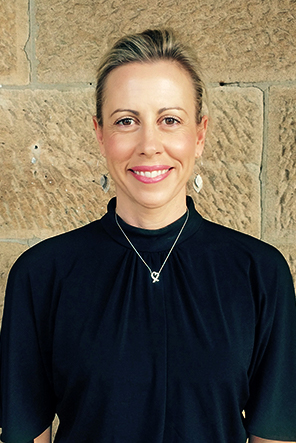Lack of uniform criteria for diagnosing mild cognitive impairment (MCI) has resulted in a wide range of unreliable estimates for global prevalence of the disease, with significant implications for health policy and planning. By applying standardised criteria to international studies, researchers led by the Centre for Healthy Brain Ageing (CHeBA) at UNSW have greatly reduced this variation to provide a more reliable estimate of MCI prevalence.
The study, led by Co-Director of CHeBA Professor Perminder Sachdev, was published today in the eminent journal PLOS ONE. It found that after applying standard criteria to 11 studies from USA, Europe, Asia and Australia, estimates of overall MCI prevalence in people over the age of 60 years ranged between 6 to 12%, a much narrower range than previously published estimates of 5 to 36.7%.
MCI refers to a decline in cognitive performance from a previous level of functioning, but not to the degree to impair the individual’s independent functioning. People with MCI are at an increased risk of progressing to dementia, with about 6-10% being diagnosed with dementia per year of subsequent follow-up. Since it needs to be differentiated from age-related changes in cognition, the diagnosis of MCI is complex and, according to Professor Sachdev, even minor differences in definition and the diagnostic tests used can significantly alter the rates of estimated prevalence.
This is the first time that data from so many studies from diverse countries have been brought together and the data harmonized so that direct comparisons make sense. The studies show that, as expected, MCI becomes more common with age, and not having completed high school increases its risk. Interestingly, the prevalence was not different in White and Chinese populations.
The research was undertaken through the international consortium, Cohort Studies of Memory in an International Consortium (COSMIC), which combines studies from around the world to address questions about brain ageing. COSMIC leader Professor Sachdev said that the novel, big data approach used for this research represents a breakthrough in the field.
“By pooling data we can create ‘big data sets’ that produce more robust statistical models involving multiple factors and more precise estimates than can be reliably obtained from individual cohort studies," said Professor Sachdev. “The future of research into the ageing brain is in being able to bring the scores of international studies together for a common purpose and the first COSMIC findings are encouraging.”
COSMIC is one of four consortia contributing to The Dementia Momentum, an initiative of CHeBA which is harnessing the power of big data to better understand and alter dementia incidence. Having already led a number of international consortia, Professor Sachdev says CHeBA is in an excellent position to make a world-wide difference to prevention, earlier diagnosis, and earlier and more effective interventions for dementia and related illnesses.


